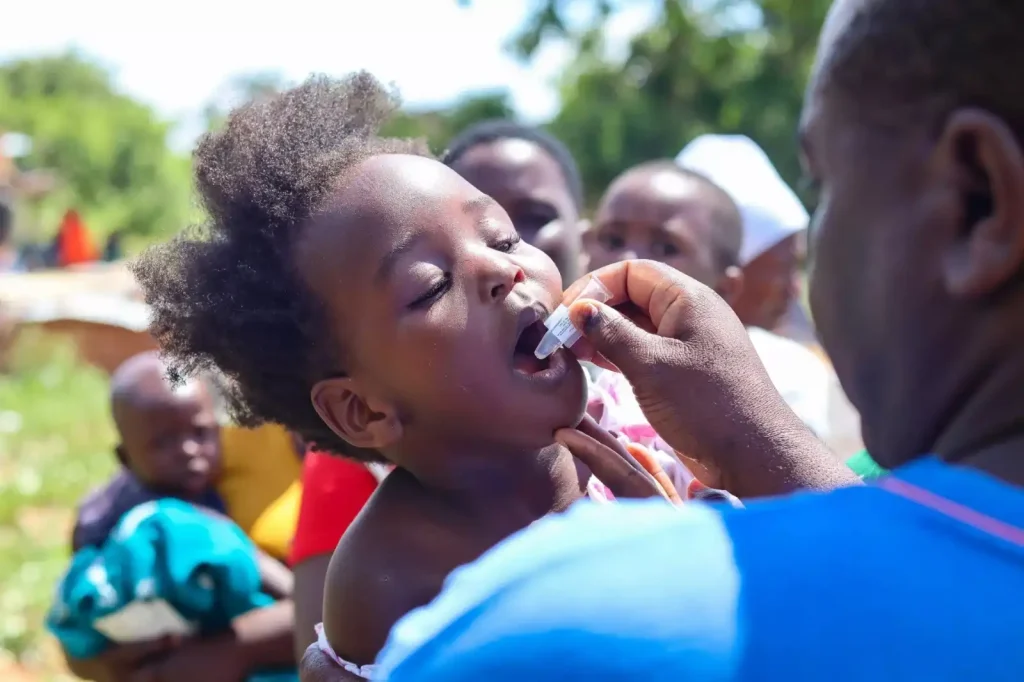Africa is currently struggling with its most severe cholera outbreak in a quarter-century, according to the continent’s public health agency. The agency attributes this devastating surge to fragile water infrastructure and persistent conflict across various nations.
The health agency reported a grim tally: over 300,000 cases of confirmed and suspected cholera have been recorded recently, leading to more than 7,000 deaths. This represents an increase of over 30% compared to figures from the previous year.
Cholera, a rapid-spreading and potentially fatal diarrheal disease, flourishes in environments lacking proper sanitation. The disease thrives where sewage systems are weak and crucial water sources are contaminated.
Regional Spikes and Areas of Concern
Nations like Angola and Burundi have experienced dramatic spikes in infections recently. This rise is directly linked to the population’s limited access to safe drinking water. Conflict-affected regions remain particularly susceptible, as poor sanitation and overcrowded living conditions in camps accelerate the disease’s transmission.
Despite the widespread crisis, the health agency noted some positive developments. The cholera outbreak in the Congo is reportedly now under control, showing a clear decline in new cases. Improvements in case numbers have also been observed in both South Sudan and Somalia.
Other Health Threats Monitored
Separately, health officials in Ethiopia have identified eight suspected cases of viral hemorrhagic fever and are awaiting laboratory results. Rapid response teams have been deployed immediately to contain any potential spread of the disease.
The health agency also noted a slight easing in the Mpox outbreak across some heavily affected countries. However, the virus continues to pose significant risks in Kenya, Guinea, Liberia, and Ghana.




















